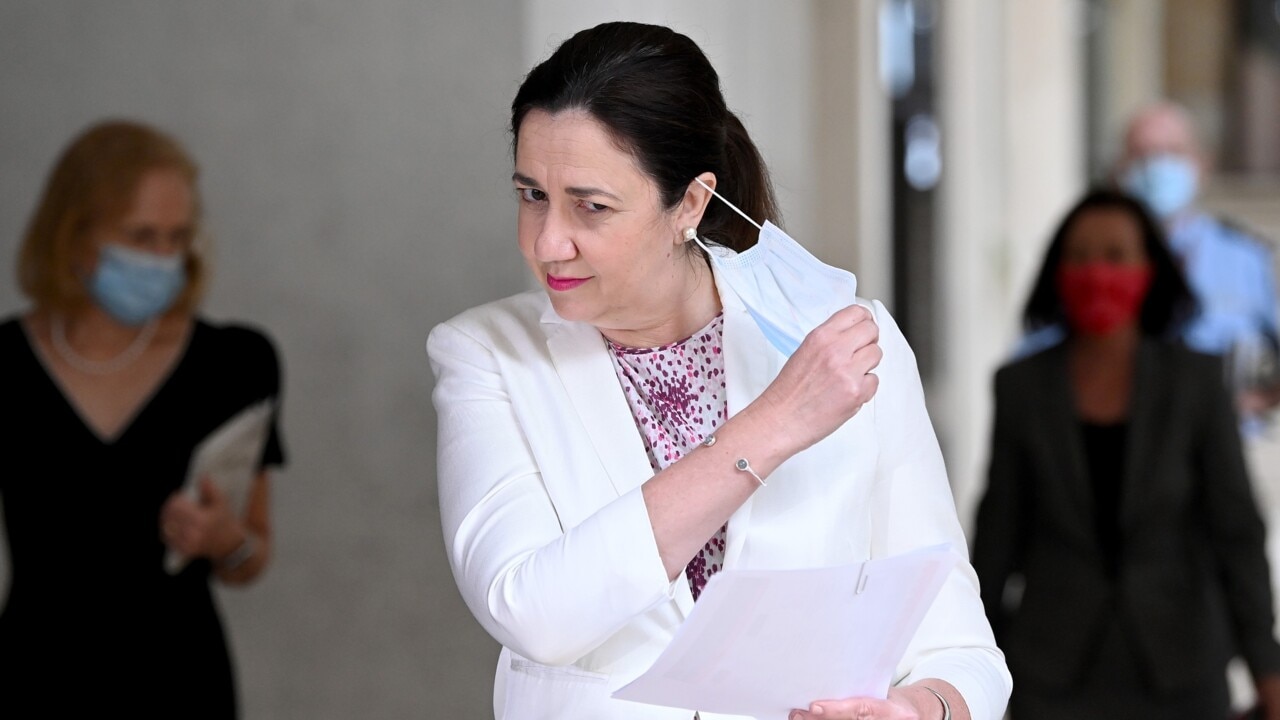
The release of secret taxpayer-funded polling offers more insight into why Annastacia Palaszczuk quit when she did and the focus group prompts behind each of the policy positions of her successor since landing the job.
It even explains Miles’s decision to air results from the $400,000 project, revealed last year by The Australian, which the government then refused to release, denied was political polling and mischaracterised as budget-related research to “better understand any barriers Queenslanders face in assessing government assistance”.
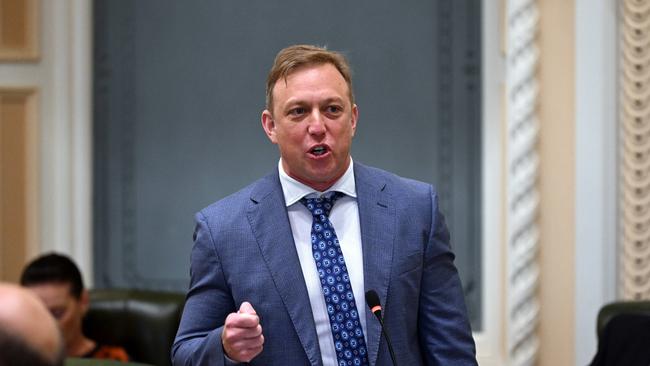
The new Premier framed the release as part of his personal commitment to improving government transparency.
But the decision appears to be also rooted in the polling itself and addressing a major obstacle to his re-election plans in October, with only 24 per cent of voters viewing the third-term Labor government as trustworthy.
Miles should be applauded for unlocking the secret polling – which he announced was being cancelled – as well as releasing similar focus group research that guided Palaszczuk during Covid, despite her insistence she was acting solely on health advice.
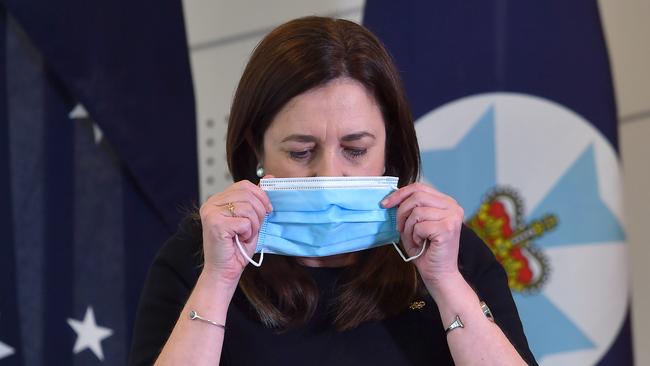
Again, when the existence of the Covid polling was revealed by The Australian at the height of Queensland’s hardline border lockdowns, the government lied about the research and blocked a Right to Information request for the material by the newspaper.
The “Road to Damascus” conversion was enhanced with the government’s legislation on Thursday to adopt a recommendation of last year’s Coaldrake Report to release cabinet documents three months after it meets, leading the country in allowing near-contemporaneous scrutiny of government decisions.
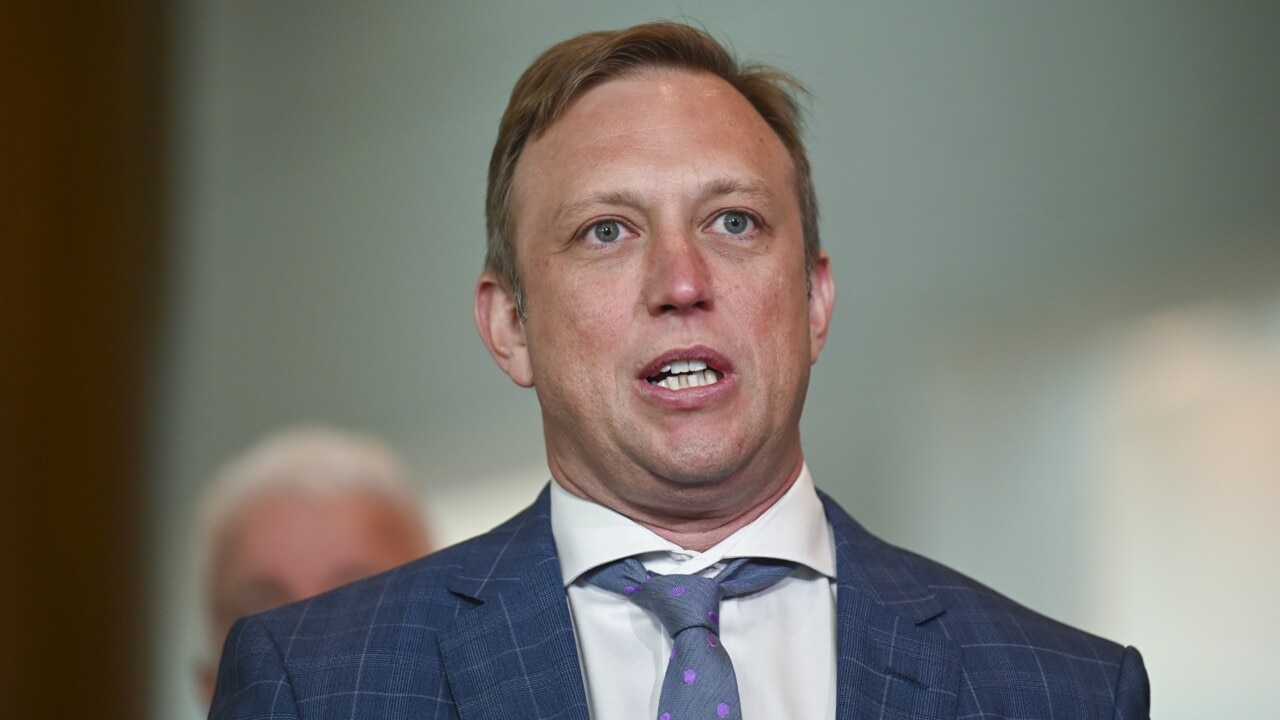
With published polling showing Miles is headed for defeat on October 26, it might be that one of the biggest beneficiaries of the legislation will be the next Labor opposition in getting access to cabinet deliberations to rip apart.
But while governments should try to reflect the wishes and needs of constituents, the released focus group results – set out in six weekly “waves” between May and December – reads like an issue-by-issue diagnosis of Labor’s ills which is then followed by a fix.
Despite months of internal unrest last year over Palaszczuk’s falling popularity, the then premier dug in and seemed to have been spared a leadership challenge as the first four waves showed voter sentiment had steadied or improved on most issues.
But results from the November “fieldwork” revealed that on all 13 issues canvassed, voter sentiment was falling, in some cases sharply.
Four days after it was handed to cabinet, Palaszczuk quit.
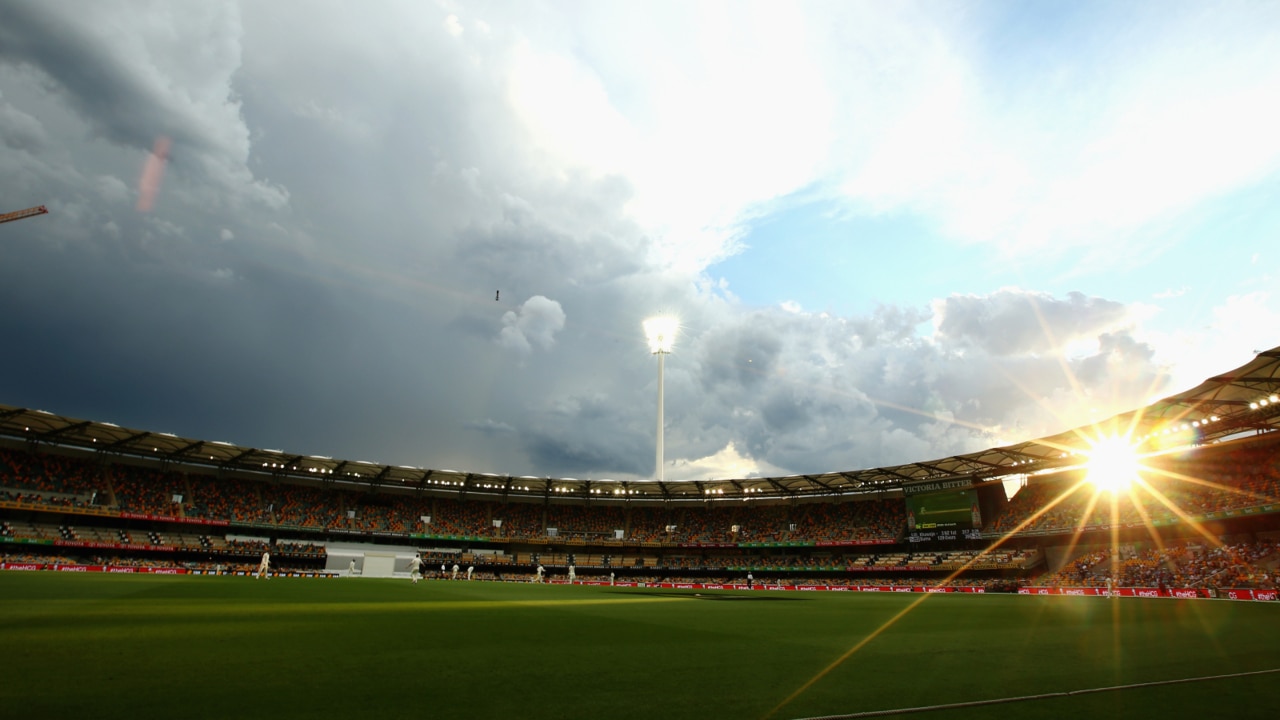
Once Miles got the top job, he seems to have used the polling as a script for governing. Research shows cost of living is the top priority for voters and the groceries bill is their biggest worry; Miles attacks the supermarkets, writes a letter about it to the federal government which is leaked to the media and then launches a parliamentary inquiry. Tick.
Research shows housing affordability is another top issue for voters, particularly about rising interest rates and a perceived lack of investment in public housing; Miles publicly demands banks cut rates and releases a housing policy for the government to build 10 times the number of houses it has in the past decade. Tick.
Research shows a sharp fall in support for the Brisbane 2032 Olympics in the last wave; Miles starts talking down the merits of the Gabba rebuild and orders a review. Tick
And the list goes on.
Now that Miles has canned the expensive taxpayer-funded polling it will be interesting to see if he will be able to govern without a focus group.


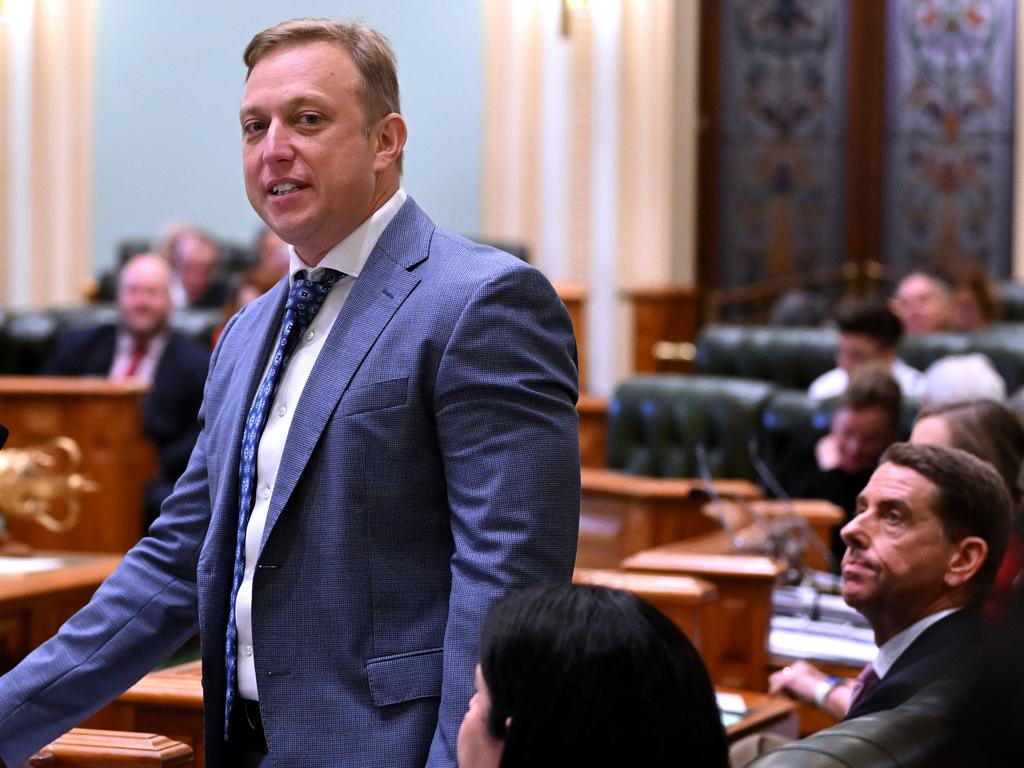
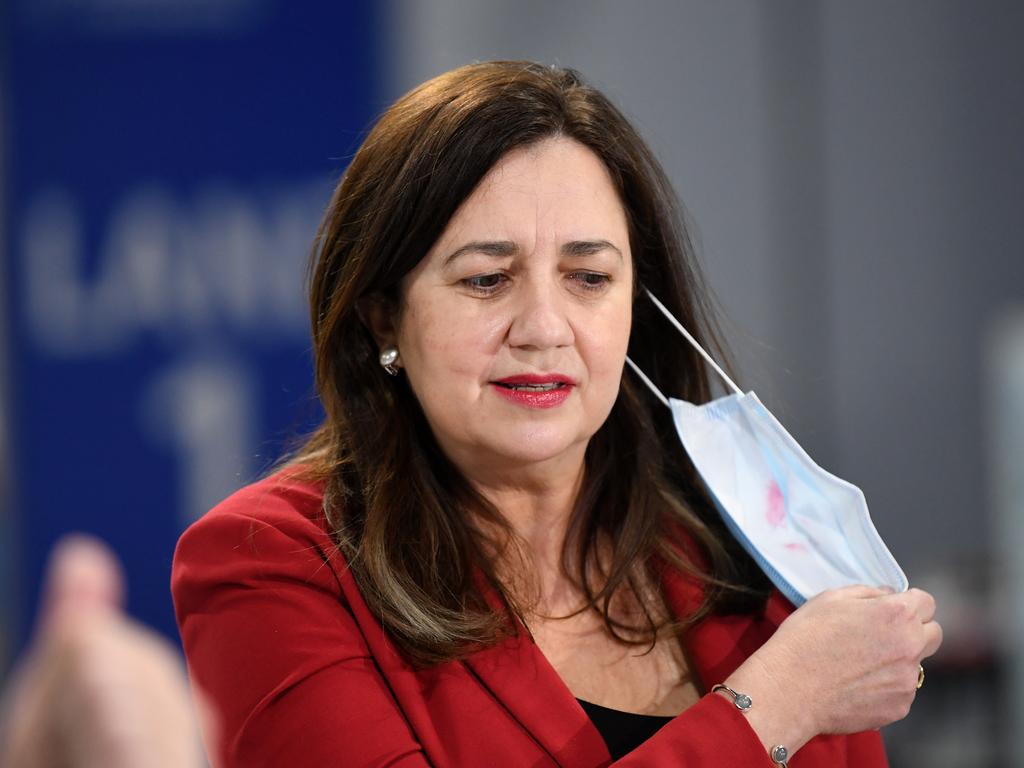

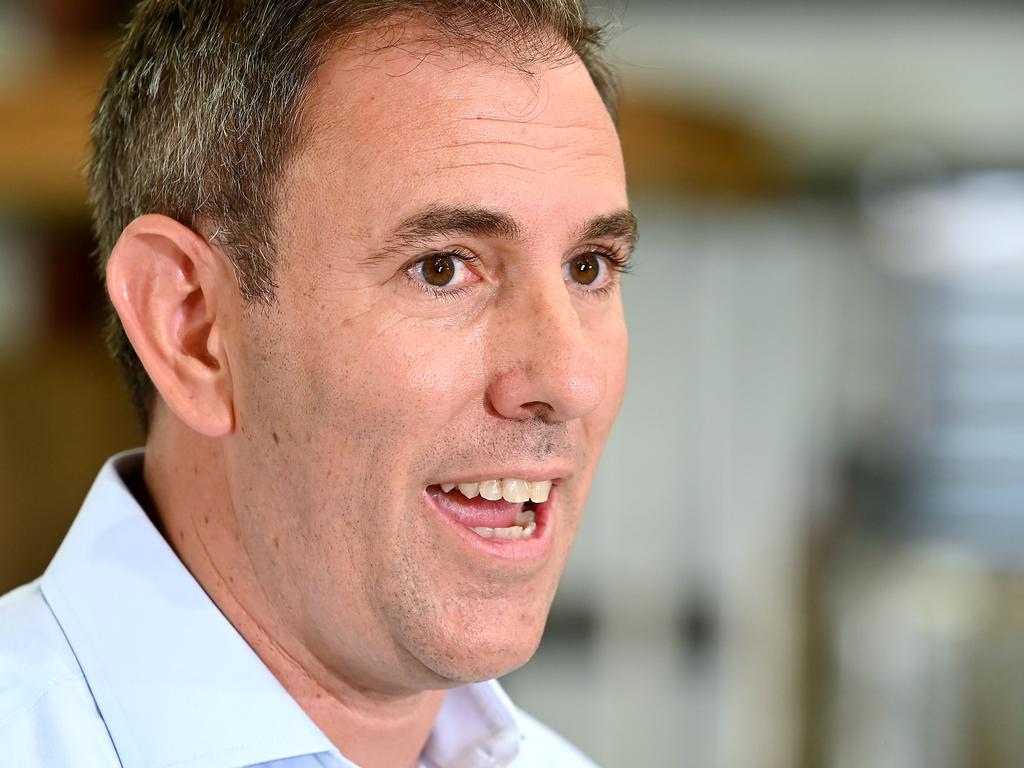


Steven Miles has finally come clean: Queensland is being run by pollsters.